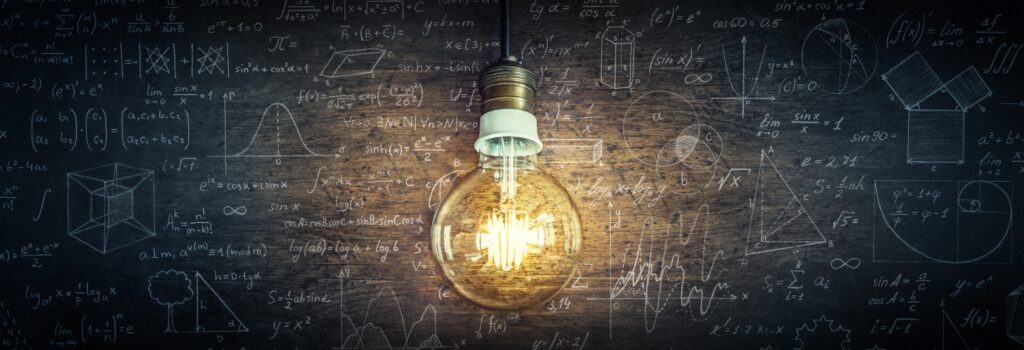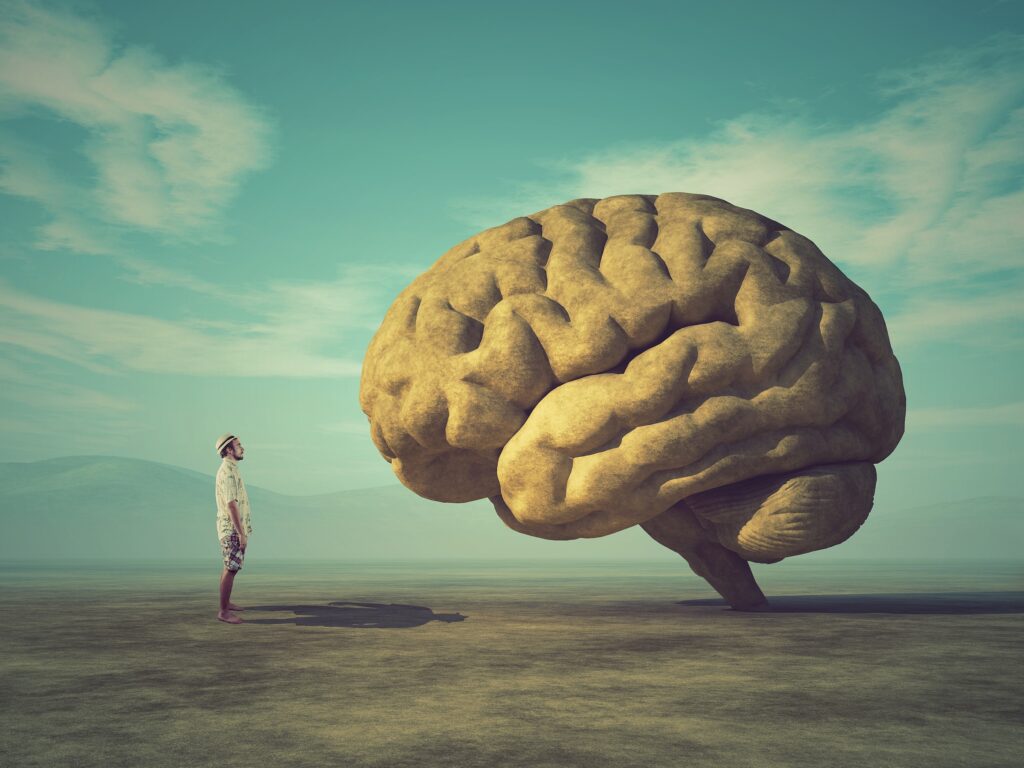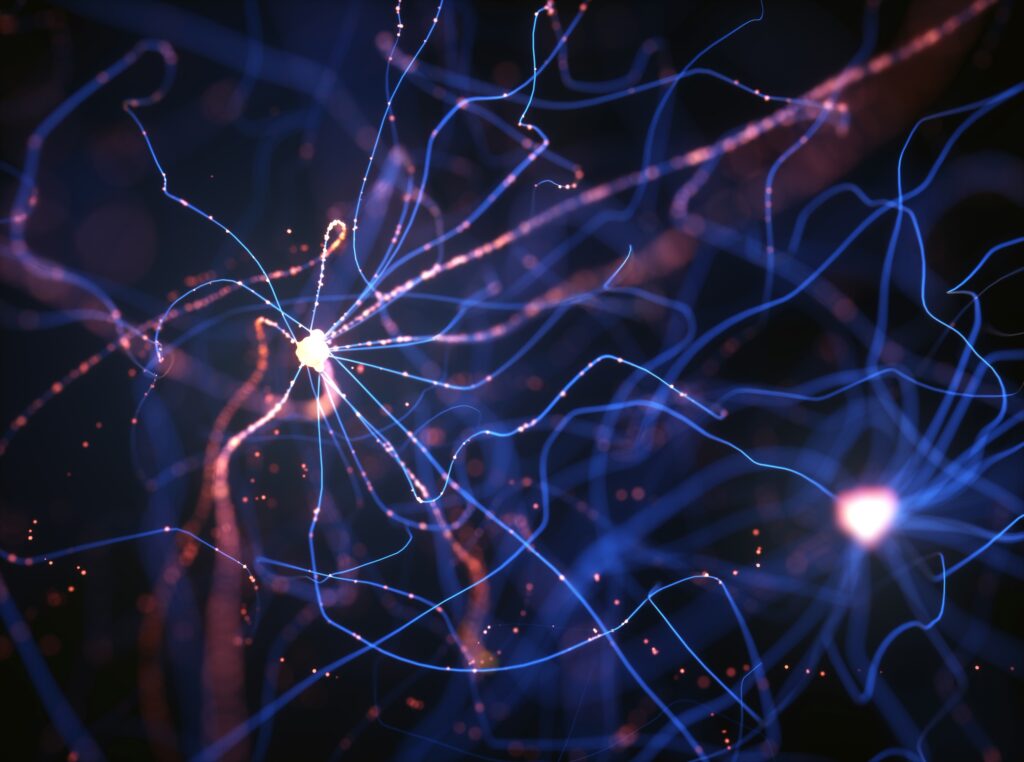On the self-validating nature of idealism
Reading | Philosophy
![]() Aditya Prasad | 2021-08-22
Aditya Prasad | 2021-08-22

In this short and powerful piece, engineer Aditya Prasad attempts to provide an informal argument for why idealism deserves more careful consideration. Briefly: while physicalism is impossible to confirm even in principle, idealism suffers from no such limitation. This intrinsic verifiability makes it a more fruitful avenue of investigation.
Arguments from radical skepticism demonstrate that physicalism cannot be validated to any degree whatsoever. For example, consider the hypothesis that this reality is a simulation designed to behave precisely as a genuine physical reality would. By its very construction, there exists no evidence that could distinguish this hypothesis from physicalism—and thus we cannot calculate the odds of either one being true. The same problem applies to the hypothesis that all of reality suddenly popped into being, fully formed, in this very moment—with only the appearance of a real past (including false memories). Even Occam’s Razor cannot help us here, depending as it does on evidence from a real past for its very justification—a plainly circular endeavor.
This problem of skepticism is well known. The commonly accepted solution is that, in lieu of evidence, we are free (indeed, compelled) to fall back to our own priors—that is, to choose whichever beliefs we find most compelling. And physicalism is frequently taken to be the most natural.1,2 This proposal, though widely accepted, suffers from a fatal (if hard to detect) circularity: for although evidence and reasoning are indeed insufficient to discern the nature of reality, to thereby conclude that it cannot be discerned assumes that evidence and reasoning are the only tools available to you. In other words, it presupposes a metaphysics like physicalism to arrive at a conclusion of physicalism.
If you are, indeed, an individual being at the mercy of a fundamentally external reality, then the tools at your disposal do prevent you from confirming your condition with any certainty whatsoever. Put more plainly: even if physicalism were true, any belief in it would still depend entirely on faith. But not all metaphysics suffer from this problem.
Consider the hypothesis that what you are is the very ground of reality, whose very nature is consciousness—taking the form of a peculiar dream called ‘my adventures in physical reality.’ In that case, you would not have to rely on external evidence—there being nothing external to you in the first place. Nothing could ultimately prevent you from awakening to yourself as the very source and substance of the whole show,3 in a very direct and non-inferential way.
It may be hard—indeed, impossible4—to imagine what such an ‘awakening’ could be like, but this is a minor obstacle in comparison to the in-principle impossibility that inescapably plagues physicalism. For this reason alone, idealism deserves more consideration: if the goal is to discover the truth, then it only makes sense to look in places where the truth can actually be confirmed. Of course, the hypothesis given above (a form of idealism) may not be the only confirmable metaphysics. So why should you pursue it over other possibilities?
One answer is that numerous people have told us that they have ‘woken up,’ but in the spirit of skepticism we ought not simply believe them. The remainder of this piece will provide an experiential exercise meant to help the reader gain some intuition for the idealist position. It may serve as a baby step in the direction of waking up. Please read it slowly and perform the exercises with as much sincerity and naïveté as you can muster.
Look around. While you cannot be sure what is actually happening, notice that something certainly seems to be happening. Take your time and confirm this. It is critical that you are left with no doubt about it. If you do doubt it, simply notice how doubt seems to be happening.
Now look carefully at that-which-seems-to-be-happening: this wondrous field of experience. If we were forced to answer what it is ‘made of,’ we would be hard-pressed to give a meaningful answer. Perhaps the closest we could come is to say that it’s made of the sheer fact of experience itself. Try and get a taste of this in all five sense fields as well as your mental field (of thoughts, emotions, etc.). Notice how this ‘sheer fact’ is luminescing itself to paint your experiential reality.
Now ask yourself: what’s causing it? Your mind desperately wants to answer in terms of physical reality, so now remind yourself of the peculiar (but rigorous) sense in which you have no reason to believe that such a thing even exists. Your mind will rebel, but keep at it.
It may be helpful to reflect on how this practice is simply the most radically honest thing you could possibly do. You are giving your complete attention to what is unmistakably here, while withdrawing it from what you only imagine to be there. If you want to discover the truth, after all, it is imperative that you avoid all forms of self-deception—no matter how tempting they may be.5
You are engulfed in something unspeakably delightful, practically begging you for an explanation or cause. At the same time, there is a precise sense in which you have no reason to believe that causality (as you know it) even applies—or even that you’ve ever experienced anything before this very moment.
If you really nail both halves precisely—the delight and the mystery—there will come a moment when you are suddenly struck dumb by astonishment. Reality will blaze forth as impossibly marvelous, and you will wonder how you ever missed it. Not the inert ‘reality’ that you’d been until then imagining, but the radically alive reality that is inescapably here. Your very definition of the word ‘real’ will be forever changed as a result.
It is as though you have discovered the solution to this old Tibetan riddle:
So close you can’t see it
So deep you can’t fathom it
So simple you can’t believe it
So good you can’t accept it
To which we might humbly add: so obvious you can’t communicate it—even to yourself.
Of course, no experience, no matter how profound, can prove to you the primacy of mind. But if you remain carefully with this discipline of radical honesty, there may come a day when reality unmistakably awakens to itself.
Notes
-
Wittgenstein once asked why people used to think the Sun went ’round the Earth. His friend answered that it’s because it looks that way. Wittgenstein responds: well what would it have looked like if it had looked as if the earth turned on its axis? Similarly, why is physicalism considered the ‘most natural’ choice? It is because things look that way. Well, what would it look like if idealism were true?
-
Although a physicist by profession, avowed physicalist Prof. Sean Carroll writes about this problem (and its solution) eloquently in The Big Picture:
There is no way to distinguish between the scenarios by collecting new data. What we’re left with is our choice of prior credences. … [I]t’s okay to set our prior credence in radically skeptical scenarios at very low values, and attach higher prior credence to the straightforwardly realistic possibilities.
But what could “straightforwardly realistic” possibly mean here? Having just proven that there’s no way to determine what is real, the word “realistic” cannot refer to anything other than a feeling. Despite this, Prof. Carroll invites others to adopt it as their religion:
In particular, there is no supernatural world—no gods, no spirits, no transcendent meanings. […] Facebook will allow you to declare [this] as your religion.
-
Note that we are not advocating solipsism, where your personal self is the entirety of reality. You are the source and substance—but so is everybody else.
-
Anything you can imagine falls into the category of experience, and experiences are intrinsically fallible. This is what makes it so famously hard to not only communicate, but to even communicate the importance of.
-
Compare this to approaches that begin by asking you to take materialism on faith, and then (unsurprisingly) end up with absurdities like ‘nothing seems to be happening.’ If you get lost enough in the maze of your own mind, you may end up believing such stories—and tragically miss out on the majesty of life.

Essentia Foundation communicates, in an accessible but rigorous manner, the latest results in science and philosophy that point to the mental nature of reality. We are committed to strict, academic-level curation of the material we publish.
Recently published
Reading
Essays
Seeing
Videos
Let us build the future of our culture together
Essentia Foundation is a registered non-profit committed to making its content as accessible as possible. Therefore, we depend on contributions from people like you to continue to do our work. There are many ways to contribute.















